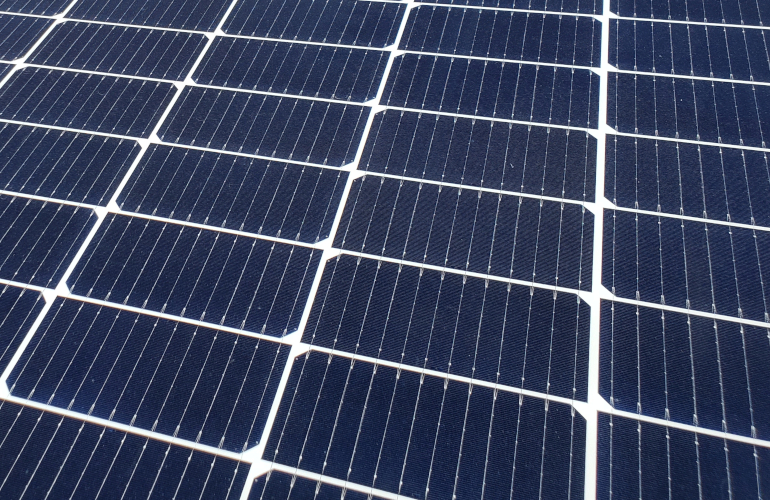Newly introduced Efficient Grid Interconnection Act aims to equitably allocate costs of transmission system upgrades
On Tuesday, Rep. Kathy Castor (D-FL), Chair of the Select Committee on the Climate Crisis, introduced the Efficient Grid Interconnection Act, a bill that would help families power their homes with affordable and abundant clean energy by reducing costly transmission congestion and connecting more low-cost renewable energy to the electric grid.
“Expanding access to affordable, clean energy will save families money on their utility bills, create jobs in communities across America, reduce pollution, and improve public health across the board,” said Rep. Castor. “It’s time to put Americans to work building new wind, solar and energy storage projects. By making our grid more efficient, we’ll also put money back in the pockets of working families, as we eliminate the barriers that stand between them and cheap, renewable energy. This bill will help us continue to unlock America’s clean energy potential, a vital step in our fight to solve the climate crisis.”
Interconnection challenges in the electric grid continue to hurt consumers, communities and developers through higher electricity rates, higher capital costs and wasted job-creating opportunities in rural areas, according to a recent report by Americans for a Clean Energy Grid and the Macro Grid Initiative. Resolving these issues is a key step to expanding access to clean energy, creating tens of thousands of jobs, facilitating rural economic development and enhancing federal and state tax revenues.
The Efficient Grid Interconnection Act would:
- Direct the Federal Energy Regulatory Commission (FERC) to equitably allocate network upgrade costs among all beneficiaries; and
- Direct FERC to require grid operators to study deploying grid-enhancing technologies to defray the costs of traditional transmission upgrades, saving everyone time and money.
The full text of the bill is available here.
Original cosponsors of the Efficient Grid Interconnection Act include Rep. Julia Brownley (D-CA), Rep. Sean Casten (D-IL), Rep. Jared Huffman (D-CA), Rep. Scott Peters (D-CA) and Rep. Jan Schakowsky (D-IL). The bill is also supported by several stakeholders, including the American Council on Renewable Energy (ACORE), Americans for a Clean Energy Grid, the Solar Energy Industries Association (SEIA), ITC Holdings, Enel North America, the WATT Coalition, Sustainable FERC Project, Earthjustice and the Union of Concerned Scientists.
“The Efficient Grid Interconnection Act of 2021 would remove a longstanding roadblock to America’s clean energy future,” said Gregory Wetstone, president and CEO of the American Council on Renewable Energy (ACORE). “Today’s grid interconnection policies are largely analogous to requiring the next car entering a crowded highway to pay the entire bill for a needed lane expansion. It doesn’t make sense, and it has kept hundreds of thousands of megawatts of wind, solar and energy storage resources stuck in interconnection queues. By directing FERC to appropriately allocate interconnection costs across the full universe of beneficiaries, this legislation will help unlock that queue and accelerate the transition to a renewable energy economy. We commend Chair Castor for her leadership on this critical issue, and we look forward to working with Congress to enact the Efficient Grid Interconnection Act of 2021 into law this year.”
News item from the House Select Committee on the Climate Crisis
<!–
–>
Original Source: https://www.solarpowerworldonline.com/2021/06/efficient-grid-interconnection-act-allocate-costs-transmission-upgrades/













